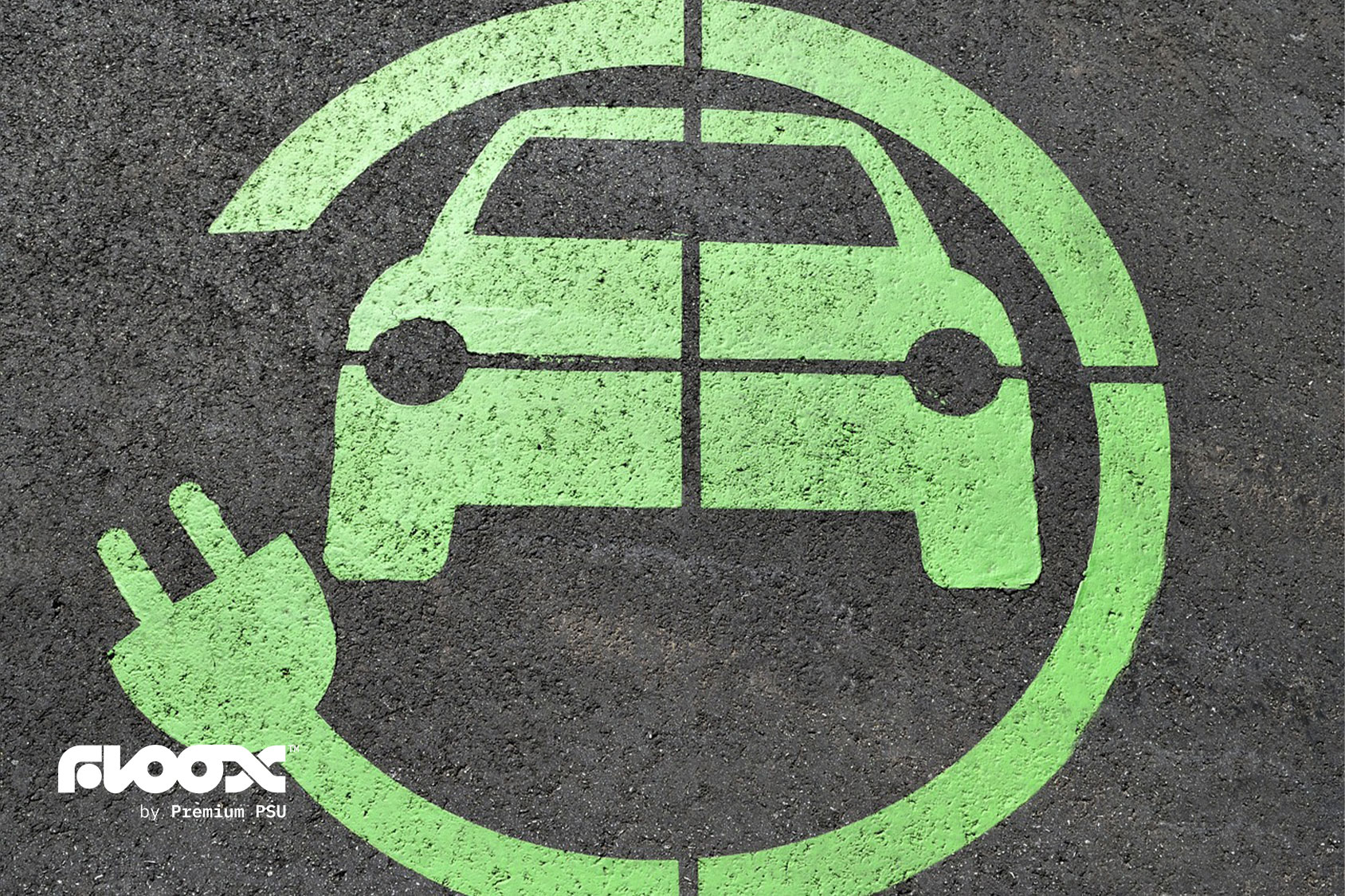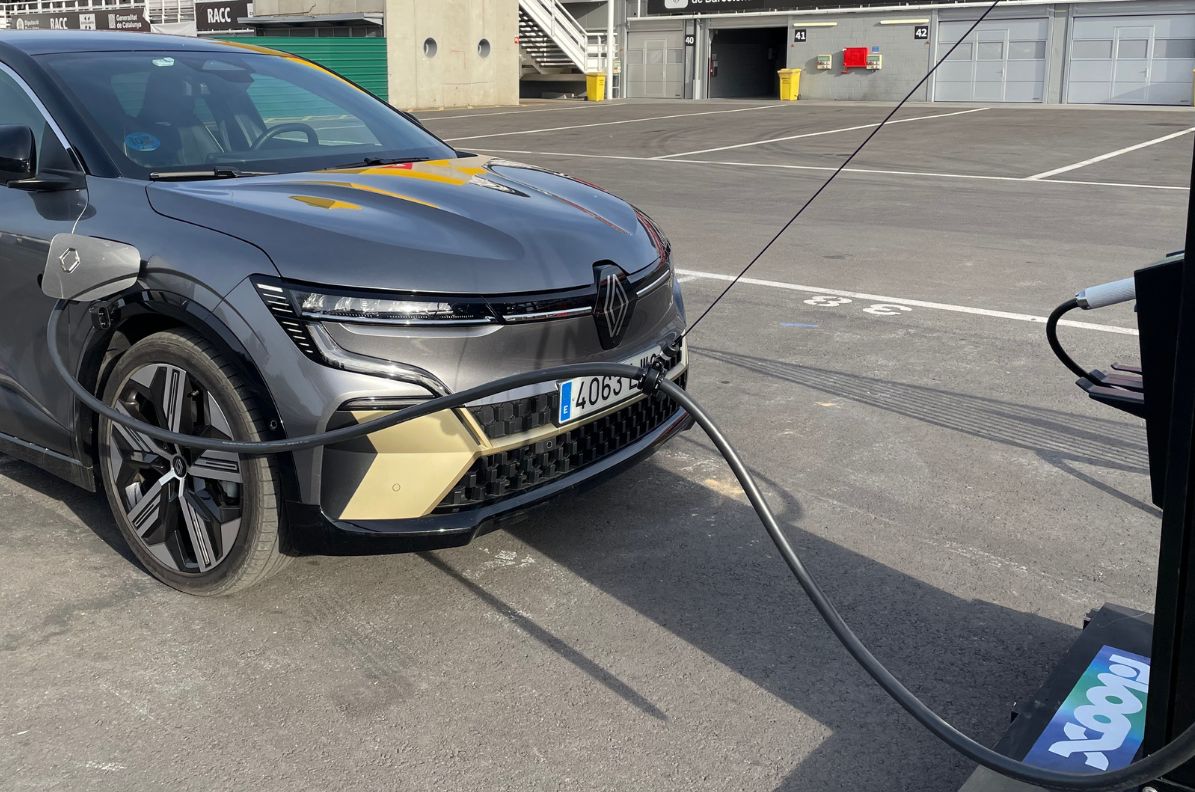
The European Union is making it clear: no new cars with combustion engines will be sold after 2035. It may seem a long way off, but the reality is that there are little more than 10 years to go before we see the disappearance of petrol cars, or at least their mass sale.
This is one of the reasons why more and more consumers are choosing to buy an electric vehicle as an investment for the future. However, most consumers complain that there are not as many charging stations as they would like.
To meet this need, new players are emerging on the electric vehicle scene, such as Floox by Premium PSU. A company that specialises in power electronics that manufactures DC chargers for electric vehicles for companies and public places, both in the products themselves and in other complementary services, such as technical training, spare parts, technical service and the implementation of ad hoc consultancy plans for the customer.
In this article, we are going to answer a question that concerns many users, and it has to do with where a charging station can be installed.
Requirements to install an electric vehicle charging station
If you are thinking of installing an electric vehicle charging station in your business and want to know what the requirements are, you’ve come to the right place. Here are the most important ones:
- Check your installation. To install one of these chargers, the power supply must be adequate for the charging infrastructure to be installed.
- Check the capacity of the electrical network. Another key aspect is to check the maximum contracted power and ensure that the electricity grid in this area meets the power requirements.
- Find a suitable location. This type of installation requires sufficient space for the charger, but also for the vehicles that will use it. It is recommended to locate it in a space that suffers as little as possible from dirt, exposure to the sun or dust.
- Necessary permits. Once you have secured all of the above, you will need to have a building permit, construction permits and comply with the safety regulations of each area.
These would be the basic requirements for installing an electric vehicle charging station. However, before starting, there are also some requirements that are not mandatory, but are of vital importance.
Safety first
This is very important, both before and after installation. For example, protecting the space in case of adverse environmental conditions.
This is undoubtedly one of the key factors in ensuring correct operation and prolonging the service life of your electric vehicle charger for as long as possible.
Compatibility
Before installing a charger, it is a good idea to check the compatibility of the models. This will tell you which types of electric vehicles will be able to use it to charge their batteries.
In the case of businesses and public places, where it is difficult to know which vehicles our customers will have, it is best to choose standard solutions. At Floox, we have opted for the CCS2 system (Combined Charging System 2). This system gives the charger the possibility to charge any vehicle as it is a European standard.
Technical service
As with any electronic device, electrical chargers require periodic maintenance to ensure their operation. For this reason, it is important to have a manufacturer that, among other needs, offers technical service and original spare parts to ensure the longest possible service life and best possible operation.
At Floox we have a professional technical service specialised in electric mobility systems. In addition, we offer a spare parts service for the ongoing maintenance of our fast charging solutions, as well as maintenance training.

Best places to install a charging station today
Among all the places where we can install a charging station, there are a number of businesses and public places which, in our experience, are the best places to acquire this type of charger as soon as possible. For this reason, these are precisely the main applications we focus on:
- EV Stations Here users spend less time on average, so faster charging solutions from 120 kW to 360 kW are available.
- Transport fleets. Companies with a large fleet of electric vehicles can install charging solutions from 30 kW to 360 kW.
- Shopping malls. In these places, consumers spend several hours on average, so it is not so much the maximum charging power that is important, but rather the availability. For this purpose, several electric vehicle chargers from 30kW to 60kW can be installed.
- Public car parks. On average, the time spent in these car parks is limited and therefore charging solutions from 90 kW to 360 kW are optimal.
- Private car parks. For the home or private car parks, where the car often spends the whole night, 30 kW electric vehicle chargers are best suited.
- Hotels and Restaurants. In these businesses, average time and location are key.
We have at your disposal several fast charging solutions, ideal for this type of spaces. Our Powerfloox model is perfect for companies where customers are going to spend an hour or more, such as shopping centres.
The Superfloox and Ultrafloox models are ideal for spaces such as car parks, transport fleets or petrol stations. The choice of one or the other will depend on the charging time required on site.
With all this you can now get a better idea of the requirements for installing an electric vehicle charging station. We hope this article has helped you. At Floox, we can answer any questions you may have.











